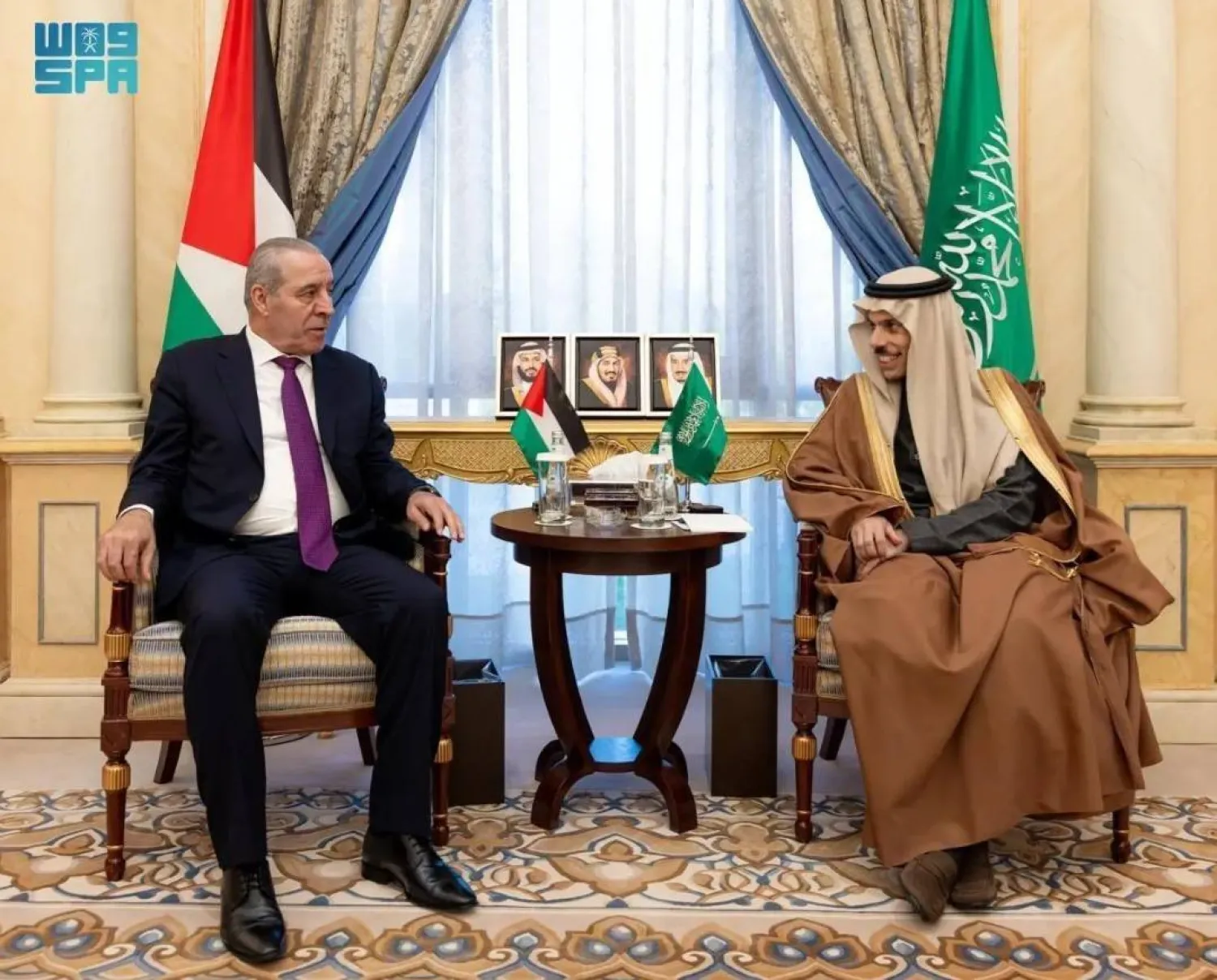The World Health Organization (WHO) announced from Geneva on Saturday a new agreement with King Salman Humanitarian Aid and Relief Center (KSrelief), which provides over $19 million in funding to WHO programs in three countries: Yemen ($9.5 million), Sudan ($5 million), and Syria ($4.75 million).
WHO Director-General Dr. Tedros Adhanom Ghebreyesus expressed great appreciation for Saudi Arabia's generous support over the past five years. These contributions, he noted, have been instrumental in tackling malnutrition, cholera, and malaria, while also aiding in the rehabilitation of healthcare systems in crisis zones, and have had a positive impact on vulnerable populations.
The WHO applauded Saudi Arabia, with which it has a strong partnership, and highlighted the Kingdom's crucial role in alleviating health challenges across the globe, including its vital support to Sudan, Gaza Strip in Palestine, Yemen, Somalia, Ukraine, and Rohingya refugees in Bangladesh.
The organization also welcomed the continued support KSrelief lends it to address global health emergencies, and acknowledged Saudi Arabia's position as one of WHO's top contributors in recent years.
WHO Regional Director for the Eastern Mediterranean Dr. Hanan Balkhi emphasized the significant role these funds will play in the region, supporting vulnerable communities facing multiple emergencies.
Meanwhile, KSrelief Supervisor General Dr. Abdullah Al Rabeeah called for finding innovative ways to boost the partnership with the WHO to improve and coordinate response efforts, ensure that all resources are allocated efficiently, and enable communities to become more resilient and independent.
Speaking at a panel discussion, "From Crisis to Opportunity: Health in the Eastern Mediterranean Region", at the 77th World Health Assembly in Geneva, Al Rabeeah thanked the WHO on its efforts to address the humanitarian crises in the Eastern Mediterranean region, including conflicts, migration and economic instability.
He said the Saudi leadership made intensive and generous efforts to alleviate the suffering of millions of people in need in the region and around the world, particularly children, women and other vulnerable groups.
Total humanitarian assistance provided by Saudi Arabia to the WHO Regional Office for the Eastern Mediterranean exceeded $1.4 billion, he revealed.
Al Rabeeah said KSrelief provides comprehensive health treatment and support services in humanitarian emergencies.
KSrelief, he added, implemented various volunteer programs in the medical sector, as part of its relief and humanitarian work, including 298 projects worth over $46 million in the Eastern Mediterranean region.
Moreover, he urged all parties in conflict areas to ensure that relief aid providers are allowed to deliver aid in a safe and effective manner.
When aid delivery is prevented and attacks on humanitarian workers and hospital staff are allowed, those in need of the aid suffer even more. The situations in Gaza Strip and Sudan are clear example of this, he said.
Al Rabeeah said KSrelief works closely with its partners to overcome challenges and ensure the safe delivery of aid even under the most difficult circumstances.
For instance, during the siege of Taiz, Yemen, the center used airdrops to deliver assistance and even resorted to camels to deliver medical supplies, oxygen cylinders and other urgent items to remote mountain locations where health services were either very limited or unavailable, he said.
In Gaza, the center succeeded in providing assistance despite the current challenges.
"Restricted access to Gaza has led to severe shortages of food, water, medical supplies and other much-needed items," he noted, urging that restrictions be addressed to save lives, especially those of children, women and the elderly.
Al Rabeeah called on the international community to take decisive action to protect health facilities and humanitarian workers, and all authorities to abide by international humanitarian law. He also called for involving healthcare workers in policy-making processes to ensure that their expertise and experience are used to shape effective healthcare strategies.
He emphasized the crucial role of international collaboration in ensuring that all people in need have access to humanitarian assistance and medical care.









